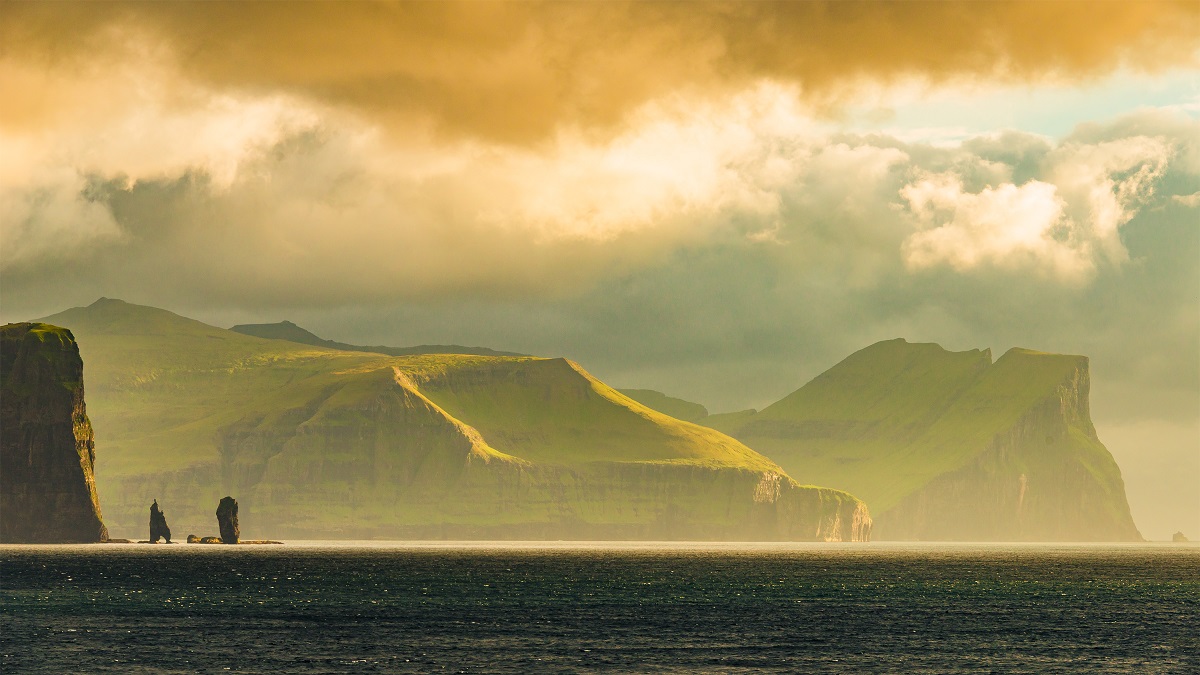Faroe Islands were settled 300 years before the Vikings arrived
17 December 2021
/Jamie Priest
Centuries-old faeces indicate previous human occupation of the North Atlantic island

Credit: Neurobite.
The Faroe Islands, sitting between Iceland, Norway and the British Isles, were an important stepping stone for Viking exploration across the North Atlantic. It has long been accepted, based on archaeological evidence, that the Norse were the first to settle the Islands – but there have been niggling doubts, with several indirect lines of evidence suggesting that an existing human population was there to greet the Vikings when the first longships landed.
In new research published in Communications Earth & Environment, researchers have presented the first unequivocal evidence that the Vikings were not the first to settle the Faroes. Using a combination of faecal biomarkers and sedimentary ancient DNA, they have been able to date the earliest settlement to 500 CE, approximately 300 years before the Vikings adopted the sailing technology that saw them expand their territories across vast swathes of the global north.
Lead author Lorelei Curtin, from the Lamont-Doherty Earth Observatory, USA, and colleagues drew evidence from sediment cores taken from the Eiðisvatn catchment, home to a major archaeological site that was once a Norse summer farm settlement known as Argisbrekka. From these cores, researchers were able to identify the presence of lipid molecules, called faecal biomarkers, that derive from excrement.
The Argisbrekka faecal biomarkers bear the distinct signature of an origin in sheep digestive tracts. All mammals of the Faroe Islands were originally introduced by humans, so this evidence of sheep poo is a clear indicator of human presence. By dating the sediments in which these markers were found, the researchers were able to shift the date of livestock arrival back several centuries.
More:
https://cosmosmagazine.com/history/faroe-islands-settled-before-vikings/
